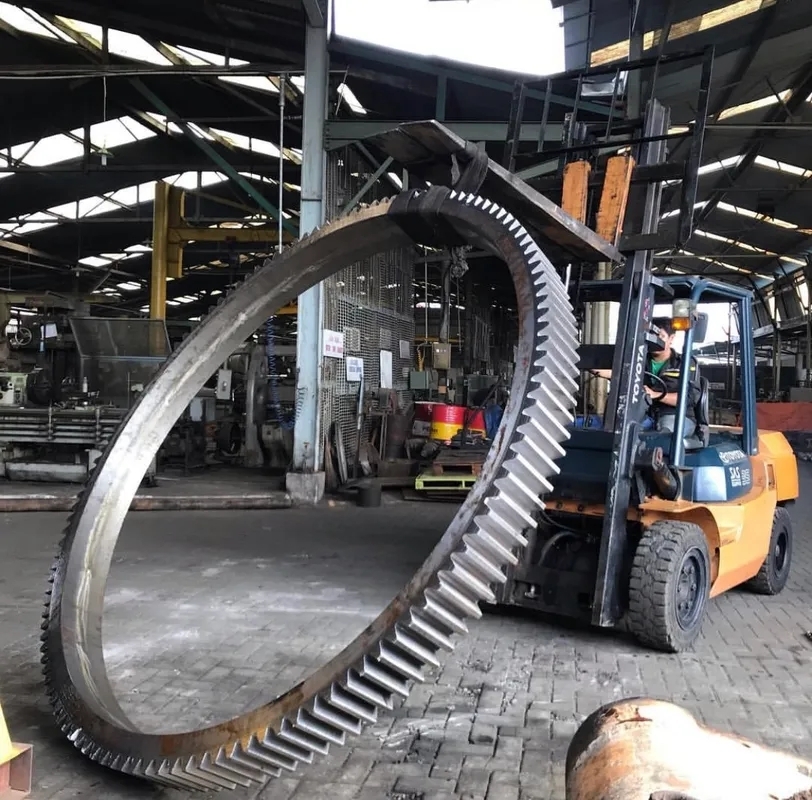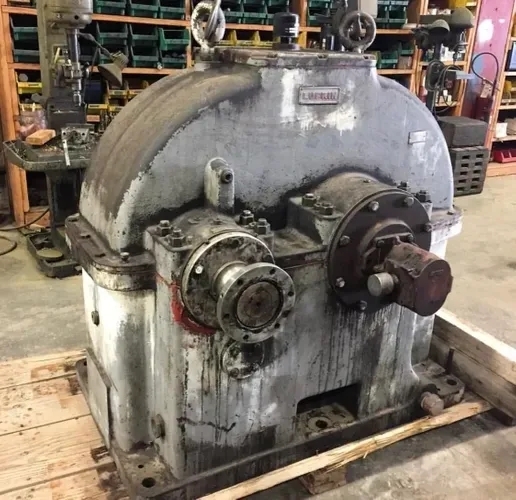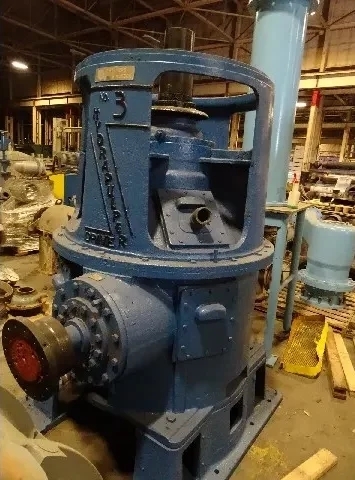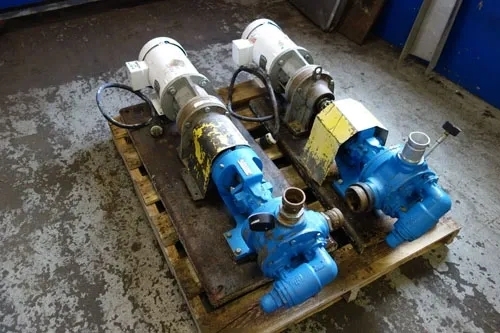The selection of materials plays a crucial role in determining the durability of gears in industrial applications. Factors such as hardness, strength, toughness, and corrosion resistance of the chosen material can significantly impact the performance and longevity of gears. For instance, using high-strength alloys like steel or titanium can enhance the load-bearing capacity and wear resistance of gears, leading to improved durability in high-stress environments. Additionally, selecting materials with good lubricity properties can reduce friction and wear, further extending the lifespan of gears. Conversely, choosing materials that are prone to corrosion or fatigue can result in premature failure and decreased durability of gears in industrial settings. Therefore, careful consideration of material properties is essential in ensuring the long-term reliability and performance of gears in industrial applications.



